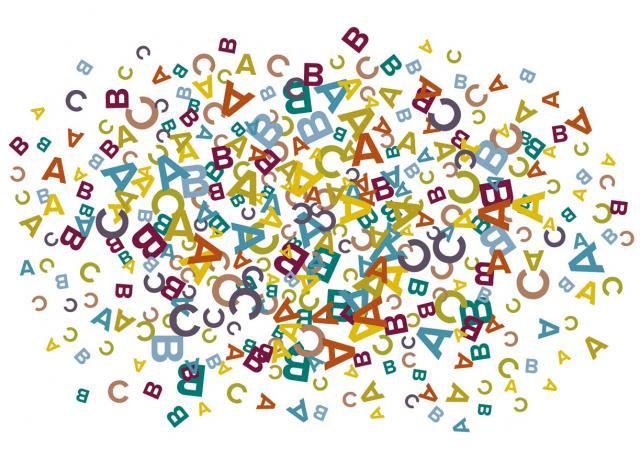Educational Neuroscience and Developmental Disorders

Educational Neuroscience and Developmental Disorders
The research activity of the Educational Neuroscience and Developmental Language Disorders group revolves around research lines aiming at elucidating the neurocognitive mechanisms subtending typical and atypical language and reading development and at transferring this knowledge to clinical and educational practice.
Our research projects have been driven by the desire to eventually reach a better understanding as to why some individuals struggle to acquire language, in its oral or written forms, and of the neurocognitive and environmental factors that play a significant role in the manifestations of these developmental language disorders. To conduct this research efficiently, we use various techniques (behavioral testing, eye tracking, fMRI, EEG, MEG) and designs (cross-linguistic, cross-sectional, longitudinal, and training studies) in bilingual and monolingual populations including infants, children, and adults, with and without language and reading disorders.
The group is strongly committed to transferring its fundamental research into practice, and is actively collaborating with clinicians and educators to improve the early detection, diagnosis and remediation of children with developmental language and reading difficulties
Our team
Publications
2011
Are you interested in joining us?
We believe our diversity makes for better science
In BCBL we promote the professional development of all our staff members.
Take a look at our current job offers to join our team and participate in international research projects.
I want to work at the BCBL












